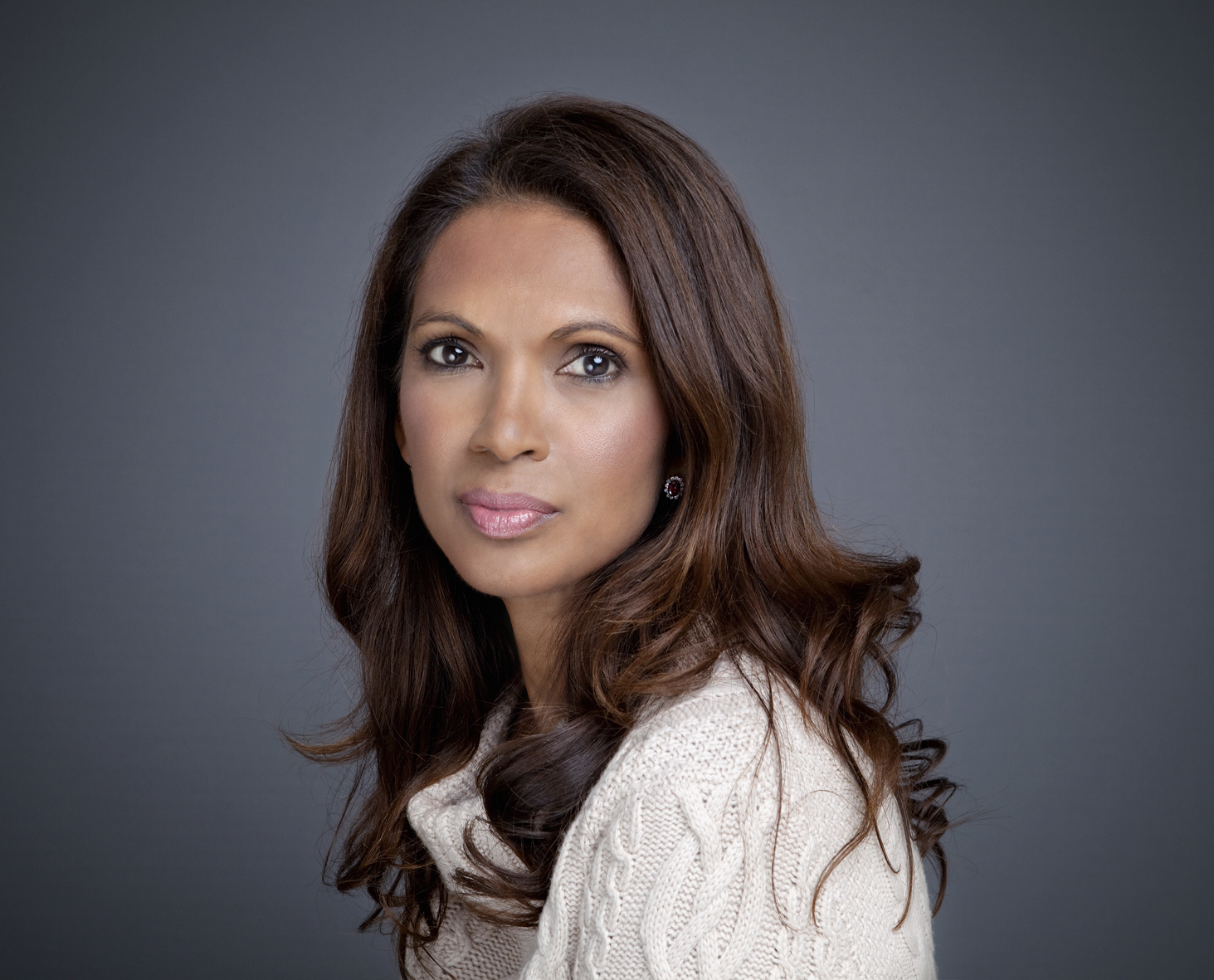 BBC News
BBC NewsBorrowing was £17.4bn last month, the second highest October figure since monthly records began in 1993.

Before Covid-19, education was being neglected but I think the pandemic has really shone a light on our underfunded education system. It’s a hard truth, but we haven’t really thought enough about how we’re going to educate our kids in the future.
The biggest conversation now is about catch up – but it’s about catching up to back to where we before. What we’re not doing is thinking of this as an opportunity to really rethink. We need not just to modernise education, but to rethink the curriculum, rethink our schools architecture, and look again at teacher training. What’s needed is a commission to look at the entire system. If I look at where we are now as a country, we’re a long way away from where we were when I was growing up in Guyana. In those days, British education was the gold standard everywhere in the Commonwealth. I was brought up by English nuns in a convent in British Guyana and we all understood that education is the most precious thing you could give your children. That was because whatever happened in life, they would have the skills, resilience, heart and brain to deal with what came next.
My fear is we’ve lost that thinking about education as being about building mental and physical agility and resilience. Instead we’ve become obsessed with assessment.
And of course this series of missteps has had ramifications. If you look at us now on the global index, we’re nowhere near the top – we’re actually in the bottom, and our reading skills have dropped dramatically. This is especially astonishing when you consider that economically we’re a country that’s doing well. Added to that, we’ve got problems with our approach to teaching which seems to be based on the notion that the future will be much like the past. But the world isn’t where it was, and we’ve got to look at the warning signs.
One thing we have to focus on is the Fourth Revolution, and what’s happening with digital technology. We know that this has its mental health aspects. Sadly, it’s especially prevalent among teenage children that too much exposure to technology creates this sense of depression and sadness. There are emotional consequences to learning remotely which have been accelerated through Covid. There’s an analogy with work here – where we’ve learned that we’re social animals, and that some tasks are far better conducted face to face. Likewise, we need to realise that there’s a sensory aspect to learning – you’ve got to engage the five senses.
And if we’re to keep all our senses healthy what does that mean? It means art, music and literature – it can’t all be about the academic curriculum so I think we have an opportunity here if we can find the courage and imagination to think radically. For instance, we have three terms in the UK at the moment – and that’s based on the rather outdated notion that kids used to need to go and bring in the harvest in summer. That’s what the long summer holiday is based on – and it hasn’t happened for hundreds of years!
I would propose that part of the review is to look at the possibility of a fourth term. I would dedicate that term to things that are not necessarily academically led, but which have an academic element: the environment, gardening, cooking, community service, sports. It would be a term where children aren’t in the classroom, but they’re in the community and they’re learning a different skill set, which would keep them in good stead for the future.
That would be good not just for mental health and mental agility but for coping against adversity in a world which we know will be radically different to what we know now. Look at some of the up and coming countries and how they’re coping with education, and there’s a huge amount for us to chew on there. It’s really quite remarkable the subjects they’re teaching. In Singapore, or in Rwanda or in Ghana, they’re focused on handing down entrepreneurial skills to the coming generations. They’re learning about their environment and the challenges facing their countries.
So we’ve not yet made that leap into understanding that we need to invest in our education – that it’s the best investment we can make. I’d argue it’s one we need to make now.